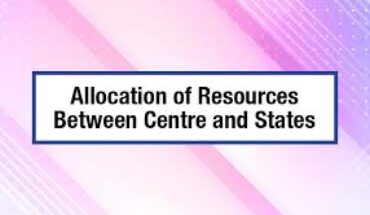The Centre recently said that it has released States’ outstanding GST compensation dues of almost Rs 87,000 crore. The move marks a shift in stance as just a month earlier, the Finance Ministry had signalled that States’ dues worth over Rs 78,000 crore, pending for the last four months of 2021-22, will be released ‘as and when’ adequate GST compensation cess collections accrue. By May 31, the Centre said there was about Rs 25,000 crore in the GST compensation fund and forked out the balance from its own coffers to be adjusted from future GST cess levies on sin goods, such as cars. The stated intent for this changed strategy makes eminent sense — to help States manage their resources and ensure spending, particularly of the capital variety to pump-prime the economy, happens smoothly through 2022-23. States have been anxious about revenue inflows once the five-year GST compensation window expires this month. The gesture to remit dues without waiting for cess accruals will also help cool the temperature of the Centre-States’ fiscal parleys, that flared up afresh after some tangential remarks from the apex court on the nature of the GST Council’s recommendations. For consumers, this could mean a further extension in the levy of GST compensation cess beyond March 2026 — by when borrowings made over the past two years to bridge shortfalls in cess collections, were to be repaid. The elephant in the room remains ignored — high inflation. Once that is acknowledged and the level of economic activity assessed minus inflation effects, the GST Council can take a more nuanced call on the next steps to reform the still-young tax system and sustain revenues. This must begin by assessing whether the GST rate restructuring should be deferred because of fears of higher inflation, or reoriented to lower inflation while broadening the tax net and easing compliance.





